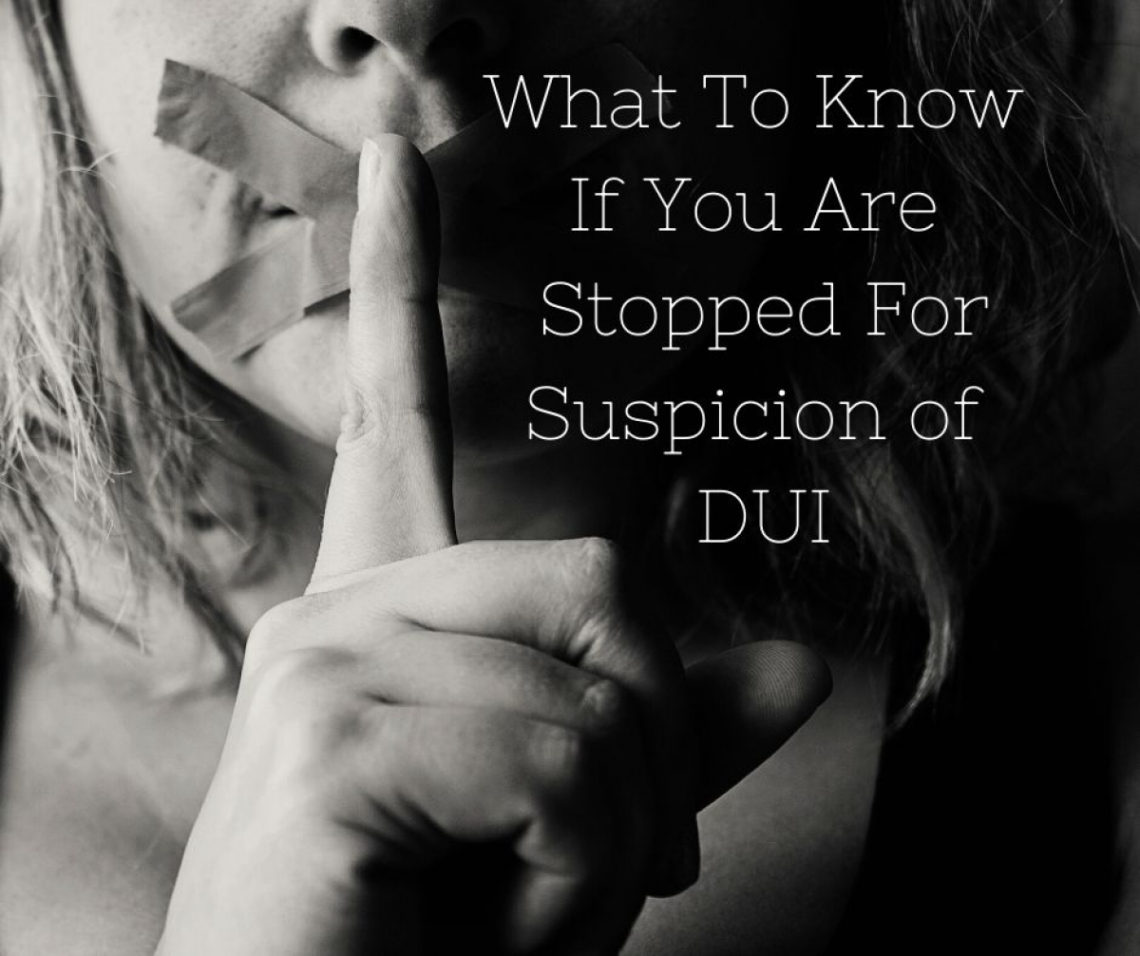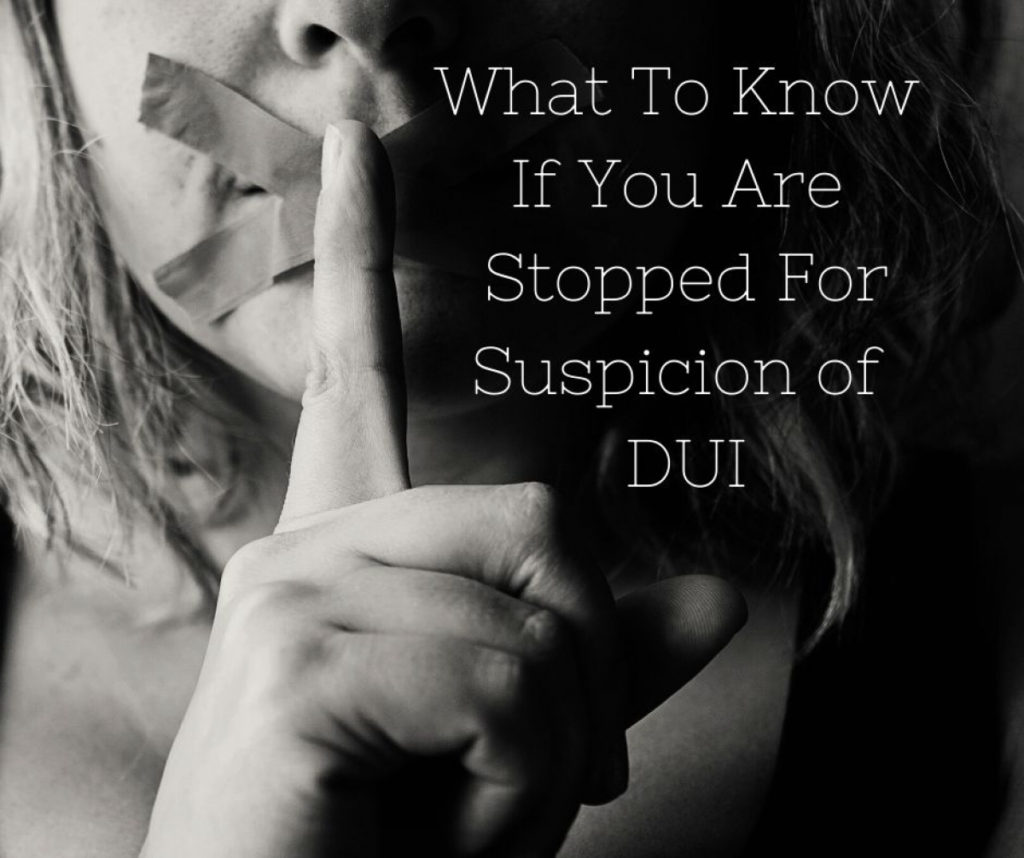
DUI – What to Do if You are Stopped
Most of the people who are reading this website now, have already been charged with DUI and are seeking information about hiring an experienced DUI lawyer. However, if you have not been stopped and are interested in what you should do if you are ever stopped for suspicion of DUI, please keep reading this page. Although none of the information on this page should be construed as legal advice, these are things that if done when stopped, my job as a DUI defense lawyer becomes more manageable.

Safely Stop Your Vehicle Immediately
By the time you see the police officer’s lights in your mirror, you have probably been on his in-car video for several minutes. The police officer is trained to get as much evidence of your driving facts as he can safely do. He will be looking to see if you cross over the white lines, if you fail to signal at turns, or if you change lanes unsafely.
Be sure that you follow all traffic laws when you are moving over to the side of the road or as you pull off the public road. Use your blinker to signal all turns and lane changes and apply your brakes appropriately to make a safe stop.
Maintain Polite Personal Contact
When the police officer approaches your car on a DUI stop, they are wired with a microphone that will record your conversation on the video camera located on his dashboard. Be sure you only speak when spoken to, and only answer the questions he asks of you. The police are trained to engage you in conversation to see if you will sound intoxicated. Make sure you have your driver’s license and insurance in a handy location and can provide them to the officer without delay. Officers are trained to give you multiple tasks at a time, such as ask you to find your license while they ask you questions; the police officer will note how well you perform these dual tasks in their report.
Here is an important concept in a DUI stop. You can be polite and respectful and also refuse to cooperate with the officer’s attempt to gather evidence to prosecute you for DUI. What I mean by that is you should always follow an officer’s order and be respectful of their position when they have you stopped. YOU DO NOT have to talk with the officer other than answer his questions, you DO NOT have to perform any field tests he wants you to take, you DO NOT have to blow into a breathalyzer. There will be consequences for your refusal to do those things, but if an officer is asking you to do these tests, he already suspects you are guilty of DUI, and is just trying to get you to help him prove his suspicion.
Field Sobriety Tests
The police officer is going to want to get you to stand in front of his police car, where his camera can record all of your movements. He is also going to want to get you to stand in an off-balance position, like with your feet together and your hands by your sides, so it appears on the camera that you are swaying back and forth while you stand. These are all things the officer is trained to do when he is certified to perform the field sobriety tests.
There are three standard field sobriety tests (SFST’s). The first is called the Horizontal Gaze Nystagmus test. The second is the One-leg Stand test, and the third is the Walk and Turn test. You can refuse to take these tests. The police are trained not to ask you to take the tests, but to just start instructing you to take them and hope that you comply. Remember, at this point the officer already thinks you are impaired, or he would not be asking you to take the tests. Also remember, is also the person grading this test so the results are biased by that opinion. Many people have helped the police and District Attorney convict them of DUI by taking these tests, however I have only heard a handful of people that have ever taken them and did so well the police officer let them go on their way. I have never actually met in person anyone that claims they have taken the field sobriety tests, passed them, and been let go.
The Breathalyzer
Florida has a law that basically says that when you agree to accept a Florida driver’s license, you also agree to submit a sample of your blood or breath if a police officer requests a sample of either or both. If you refuse to give a requested sample of your breath or blood, to be used against you in a criminal prosecution, the State of Florida can suspend your driver’s license. Your license will be suspended for 180 days if you refuse the breath test. If you do get your license suspended, we can apply for an occupational driver’s license to ensure you can drive to work and take care of your household. If you get convicted of a DUI charge, you can lose your license for up to a year. You can REFUSE the breathalyzer or a blood draw, but the State can use your refusal against you in your trial. If you take the breathalyzer test and fail, you will get suspended and convicted of DUI anyway.


